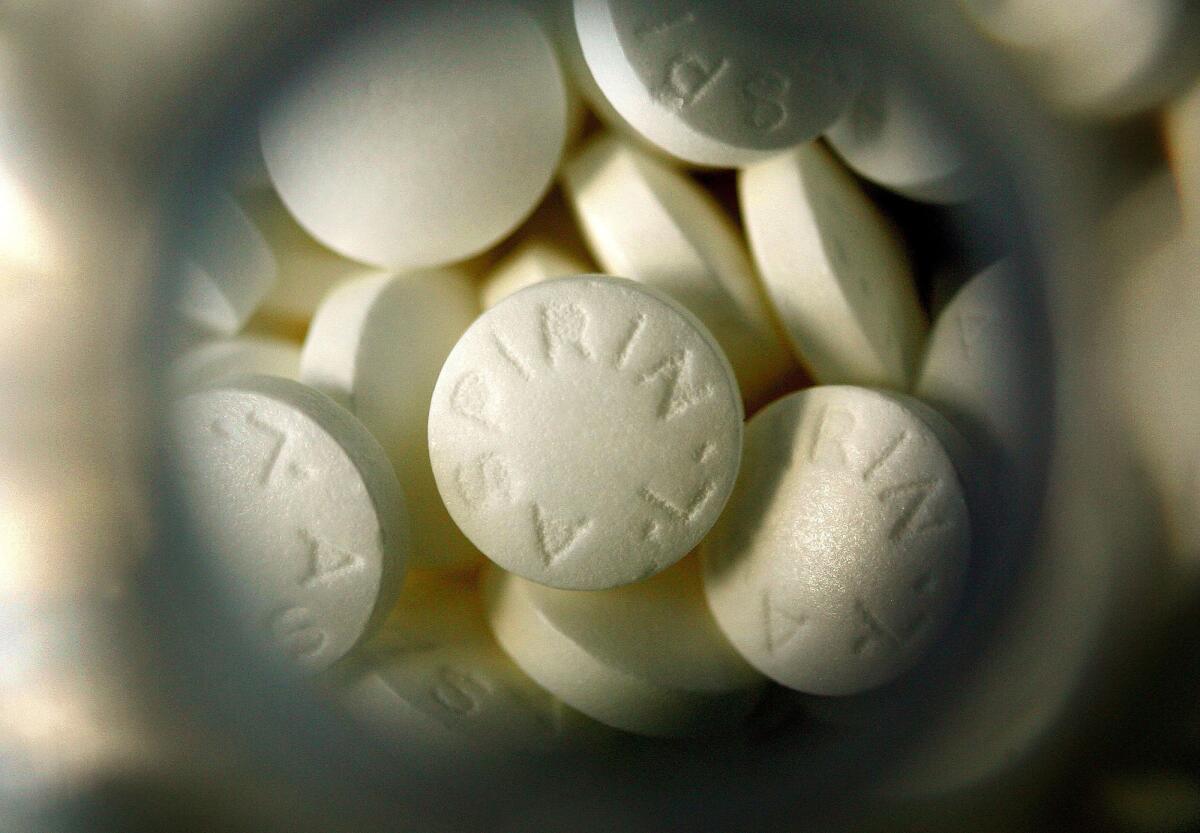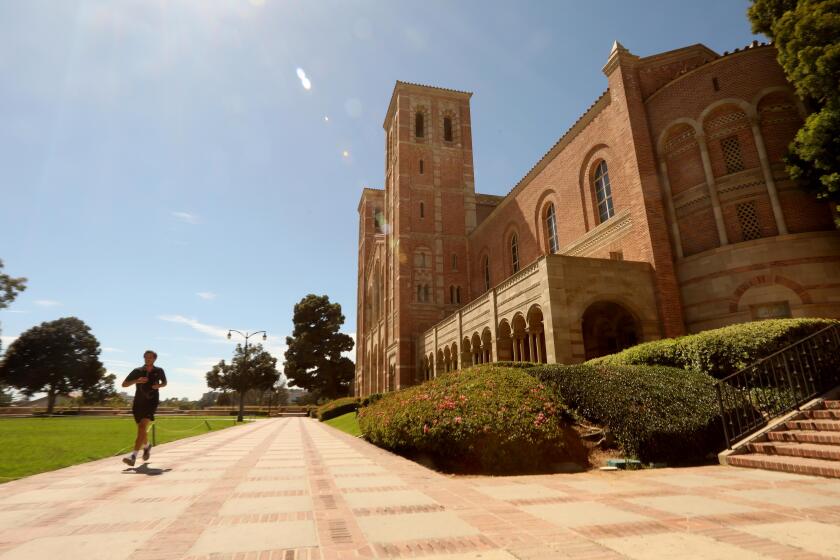Too much health information â itâs enough to make you sick

Itâs a ritual thatâs beginning to make me feel less responsibly health conscious and more reliably heading toward old age.
Every Sunday, I count out seven daysâ worth of a dozen different pills and load them into the daily compartments in my plastic medication bin.
Thatâs âgeezer status,â my daughter jokes, as I slip an extra set inside my purse, in case my memory-enhancing gingko biloba fails and I forget to swallow them before I leave home.
My paisley-print pill case is fashionable, but itâs bursting at the seams these days. And every week I feel pressured to add some new pill to my health-preservation routine.
Last week it was lutein, pushed by a health store clerk who saw me straining to read the tiny print on the label of a jar of the dietary supplement CoQ10. âAt our age, the eyes need help,â she said.
Our age? I thought, as the elderly woman shuffled over with a brochure about macular degeneration.
I left with two additions to a vitamin case thatâs now more crowded than my makeup bag.
::
Maybe itâs just baby boomer angst, but Iâm feeling overwhelmed by medical advice.
Aspirin is the latest wonder drug (again), if you believe the recent reports. Long known for lowering the risk of heart attacks, research now suggests that one tablet every day might also help prevent or slow the spread of certain kinds of cancer.
But it also might give you bleeding ulcers.
The devil is in the details, which are hard to decipher if, like me, you have a tortured relationship with mathematics.
Understanding the risk-benefit stuff is what complicates our pursuit of optimum health. The choices, and the consequences, are confounding at best.
âItâs a reasonable thing to be confused,â Dr. Michael Karp assured me. Heâs an assistant professor at the Keck School of Medicine of USC. I called on him for help in sorting things out.
Patients come in all the time, he said, with questions about things theyâve heard on the news or read on the Internet. âThere is so much information, some of it conflicting.... Thatâs why it feels like it makes your head spin.â
Authoritative-sounding statistics donât always mean what they seem, he said.
He had to interpret for a patient a recent study that linked an increased risk of cancer with a specific drug: There were two study groups with 4,000 patients. Two got cancer in the control group â those not on the medication â compared to three in the group taking the medication.
âThatâs a 50% higher risk â a scary thing, until you look at the numbers,â Karp said. âThe overall risk was very small.â In his patientâs case, the benefits of the medication made it worth the risk.
Thatâs the sort of calculation best made case to case, with patient-physician collaboration, he said.
I raised the aspirin issue with my doctor and we went over the trade-offs. Iâm inclined to skip it for now â if I can only stop obsessing about stats like these, from a report on NPR: After five years, the risk of dying of cancer was reduced by 37% among those taking aspirin.
Iâm relying instead on a study that I like better, on an anti-aging powerhouse that may protect against heart disease, cancer, diabetes and mind-robbing neurodegenerative disorders.
The source of these protective effects? Red wine.
::
If information is power, weâre on a roll.
Technology has given us new ways to track medical research and share personal testimonies. Pharmaceutical companies have given us new options, with their seductive commercial campaigns.
Sometimes all that confuses as much as it comforts â especially to our masters-of-the-universe cohort, trying to hold aging at bay.
We are seizing the reins, with our vitamin stockpiles and fitness regimens. Baby boomers have made sports injuries second only to the common cold as a primary reason for doctor visits.
But we are also forced to confront the inviolable power of ancestry. Scientific advances in gene-mapping can now pinpoint inherited deficiencies and even predict who will develop chronic diseases, such asAlzheimerâsand diabetes.
Thereâs a touch pad now, instead of paper forms, to record your familyâs history. I came face to face with mine last week, as I sat with my daughter in her doctorâs office, answering questions about our extended familyâs checkered genetic legacy.
She had to touch âyesâ for almost every ailment, it seemed: cancer, diabetes, hypertension, arthritis, stroke, heart disease....
If the process had gone on much longer, I would have had to answer âyesâ to depression and anxiety.
The illnesses dotting our family tree gave my daughter a skewed look at mortality. I can imagine her thinking, âWe might as well start divvying up Momâs things.â
But I know itâs not as bleak as it seems. Too much information can actually be an unhealthful thing.
Doctors, en masse, said as much this week, when nine national groups of medical specialists urged their members to stop conducting so many high-tech tests.
They recommended against the routine use of 45 common procedures and tests. Many are high-cost and high-profit, and used unnecessarily, they said. Some can lead to unwarranted treatments that do patients more harm than good.
The guidelines would eliminate procedures weâve come to consider a birthright â EKGs at our physicals, an MRI for routine back pain, antibiotics for sinus infections.
Thatâs liable to spur some patient complaints. We want guarantees, whatever the cost. Iâm trying to think of this as a reprieve from information overload. But I do want that EKG....
Maybe patients should make a deal with the medical community: We wonât ask for so many tests if you stop spinning out so many studies.
More to Read
Sign up for Essential California
The most important California stories and recommendations in your inbox every morning.
You may occasionally receive promotional content from the Los Angeles Times.










